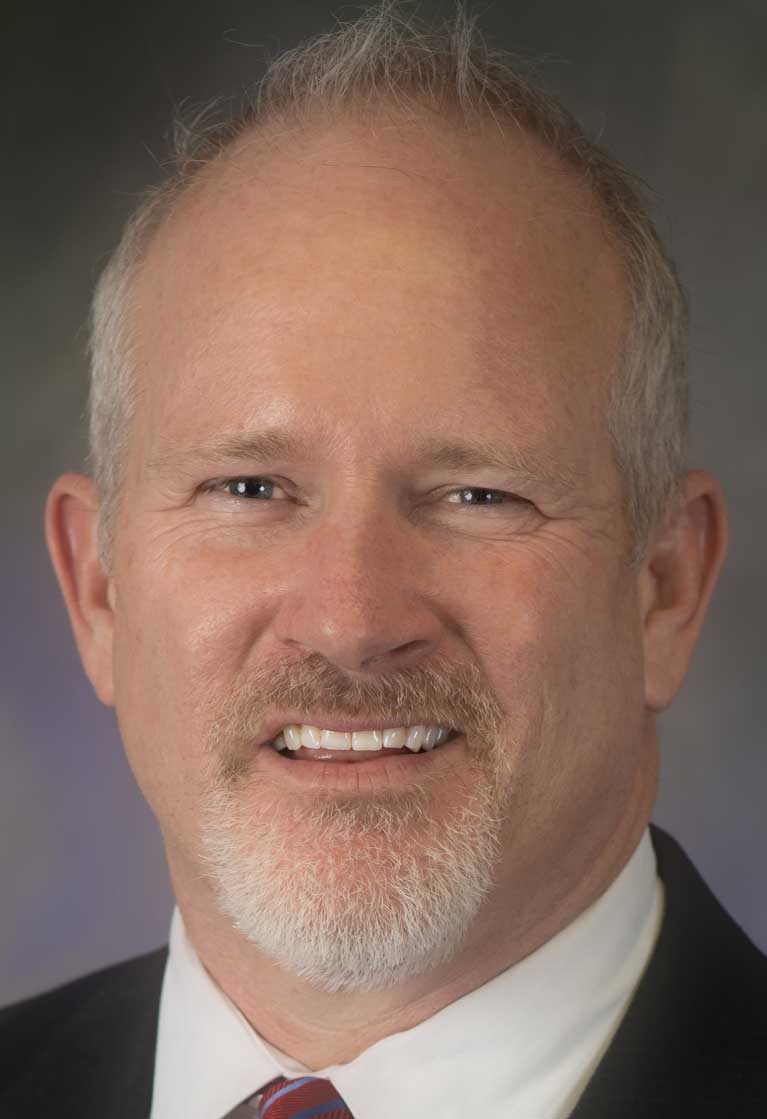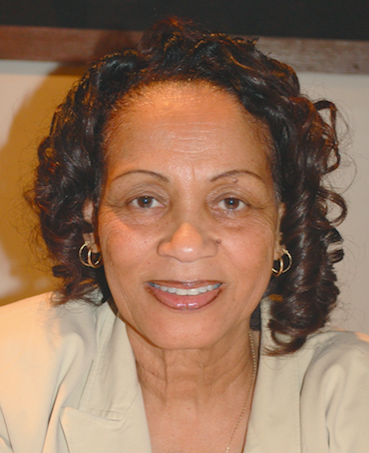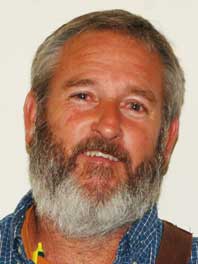Meals, lodging taxes discussed
Published 6:00 am Wednesday, March 3, 2021
|
Getting your Trinity Audio player ready...
|
The Prince Edward County Board of Supervisors agreed Tuesday, Feb. 23, to make lodging and meals taxes part of the discussion as work progresses on the fiscal year 2022 (FY 22) county budget.
Davenport & Company, a financial adviser to the county, gave a financial update on the county during the Feb. 23 meeting.
Jimmy Sanderson, of Davenport, was positive, noting that he was looking for abnormalities in Prince Edward County’s numbers, but nothing struck him as out of the ordinary that gave him any pause.
He said the county’s revenues have grown at 15% over the last five years from $24 million to $27 million. He also tracked a rising trend of general property tax revenues, which he said is important.
“Nothing struck me as looking like a trend that things were moving out of control on the budgetary side from the expense side,” he said.
Sanderson spoke about the county’s debt and its debt service.
“Your debt profile hasn’t changed dramatically, but you’ll see a gradual decline from FY 21 out through 25, but then our debt service is relatively flat for a number of years, and then there’s another decline through 2035,” he said. “One of the most important things is your debt service is paid off in 2035, so you have no more debt service, currently, after 2035.”
He noted that a locality’s fund balance is very important to its financial strength. He said that Prince Edward has had a consistent fund balance of just less than $13 million since 2017.
The county numbers he was consulting included those from fiscal year 2020. That budget totaled $57,634,375, meaning the county is maintaining 22.6% of its total budget in reserve.
“When you convert it to a percentage of our overall revenue budget, we’re in very good shape for our fund balance,” Sanderson said.
Later in the meeting, Prince Edward County Administrator Doug Stanley indicated he was encouraged by this information.
“I think, overall, we’re in good shape,” Stanley said. “I feel real good about the fund balance and what Jimmy said with Davenport. I feel better than where we were maybe three months ago.”
Stanley said that in putting the county’s FY 22 budget together, he wants to know what the board’s biggest concerns are.
His own proposed budget goals so far are as follows:
• maintain or improve current level of service, like at compactor sites
• stay competitive on staff salaries
• start financial planning process for capital improvements
• maintain low real estate rates
• promote economic development, invest in the community
“I think it would be prudent for the county to have an adopted financial policy, a debt policy moving forward,” Stanley said. “It gives you a guideline and something to benchmark against, and (Davenport has) done this for a number of localities. They did it for my previous locality, and it would be beneficial.”
Stanley will be using a zero-based budgeting approach, so every county department will need to come to him and justify why it needs the funds it is asking for. They will need to do more work than usual to justify the spending.
He has told everyone not to assume any across-the-board raises. He has also asked some departments to do a 0% budget increase, which he acknowledged is going to be tough for some of them.
In terms of personnel costs, Stanley relayed some good news.
“The good news is our health insurance is going to be flat or close to flat,” he said. “I’ve still asked them to include a 10% increase.”
He said he has been able to confirm that the county can bring the board members on the county’s insurance policy if they want to be included.
Farmville 801 District Supervisor Pattie Cooper-Jones said this should definitely be a consideration.
Stanley also opened a discussion on revenue enhancement, also known as tax increases.
“You have a lodging tax on the books, but there’s no rate set,” he said.
He noted former Prince Edward County Tourism Coordinator Magi Van Eps told him the rate could be set at 5%, with 2% going to the general fund and 3% that would have to go to tourism, offsetting the county’s tourism budget.
“Everybody else everywhere else is charging a lodging tax,” Stanley said.
Board Chairman and Prospect District Supervisor J. David Emert said the board should discuss the possibility of a lodging tax as the budget is built.
Stanley also brought up the possibility of a county meals tax, though he said he did not know how much the meals tax would generate for the county. Elsewhere, a meals tax helped a locality avoid raising the real estate tax.
“I can tell you last year, the meals tax collected a million dollars and went towards capital improvements in Warren County, and it wasn’t there before, and that represented about 2 1/2 cents of real estate,” Stanley said.
Cooper-Jones and Emert said the meals tax is something that could be talked about during the budget process.








